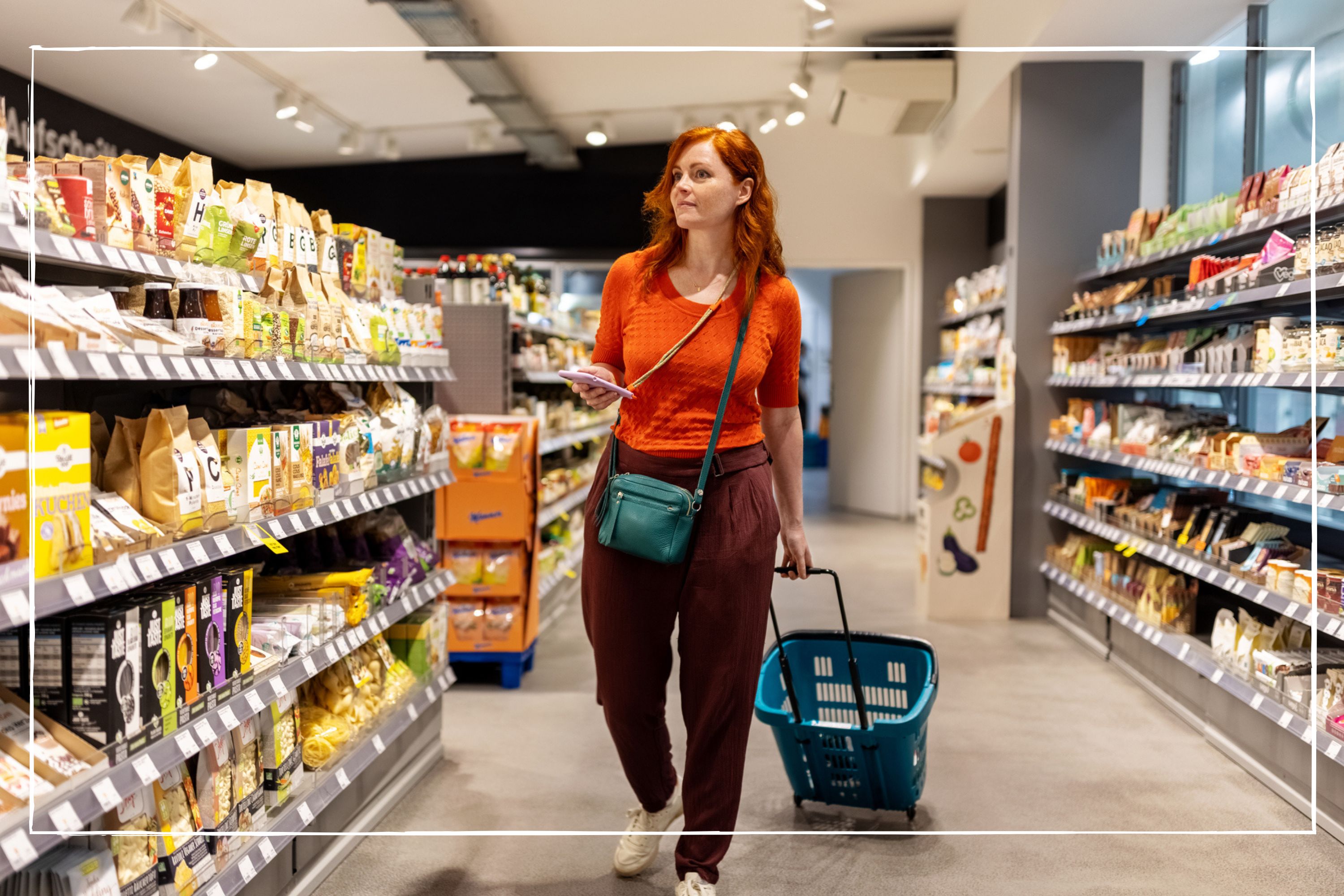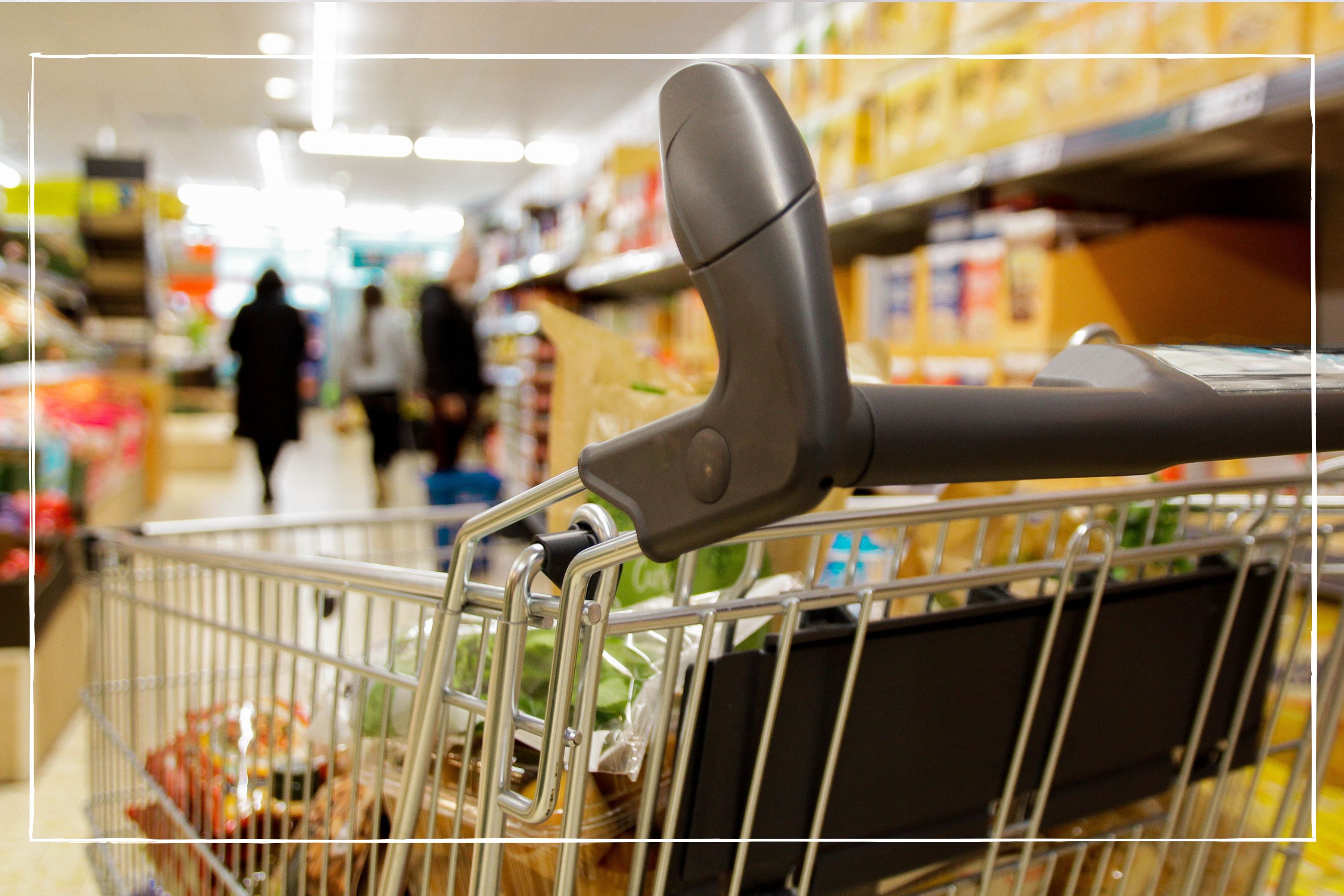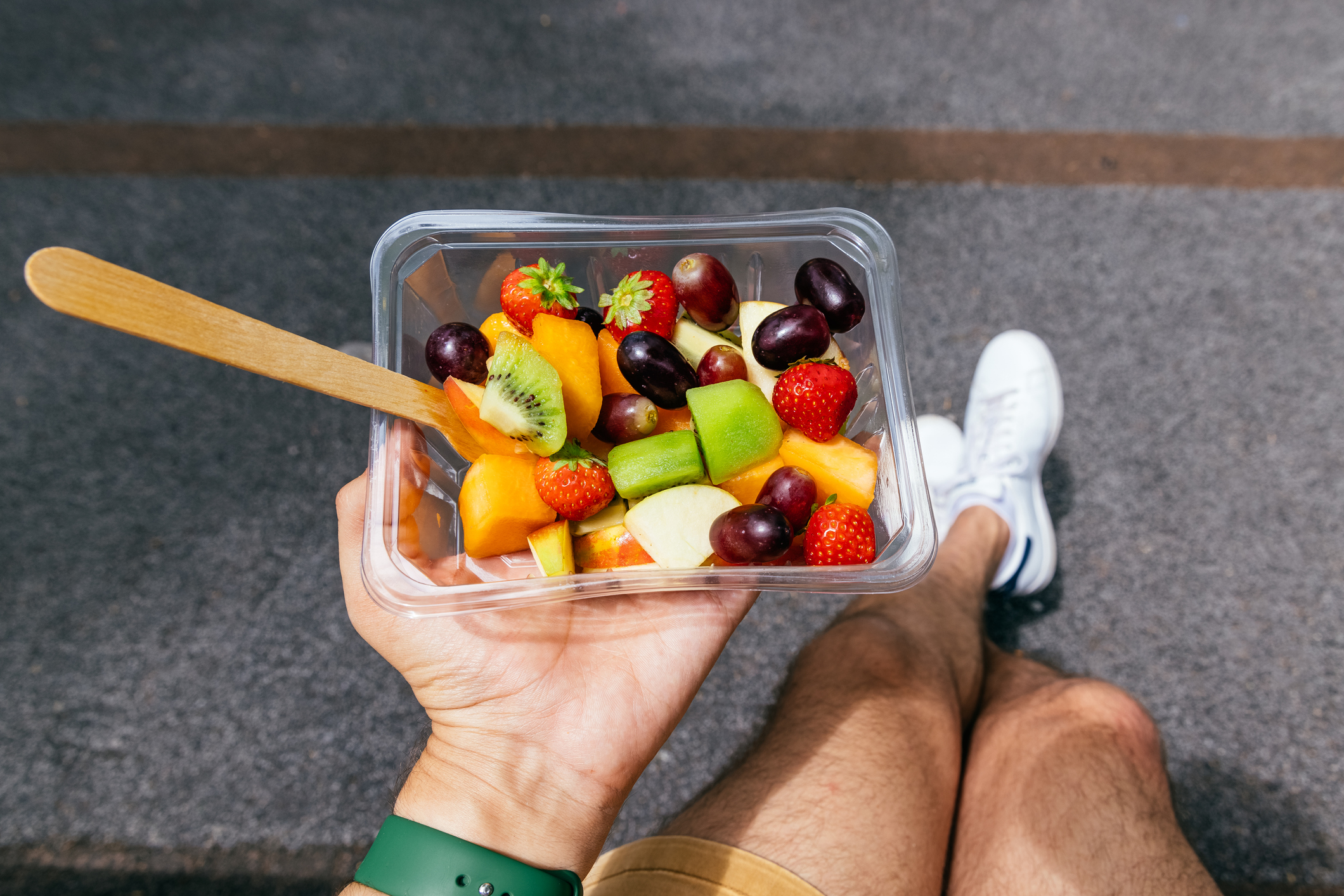10 sneaky ways supermarkets get you to spend more - and how you can beat them
Discover the sneaky tactics supermarkets use to encourage you to spend more money, and what you can do to fight back

Sarah Handley

Parenting advice, hot topics, best buys and family finance tips delivered straight to your inbox.
You are now subscribed
Your newsletter sign-up was successful
Being aware of the sneaky ways supermarkets get you to spend more can help reduce the chances of you blowing your budget the next time you’re doing the food shop.
The average Brit makes more than 200 supermarket trips each year and spends over £4,200, according to online supermarket Britsuperstore. So it's no wonder that millions of families are feeling the pinch right now thanks to rising costs and are scrambling to figure out how to save money on food.
Steps such as hunting out the cheapest supermarket can deliver big savings - see how one of our contributors saved £121 on her monthly food bill, just by switching supermarkets. (And if you're wondering if Aldi or Lidl is cheaper, or if Waitrose is more expensive than M&S Food, we've done the research to find out.) Always using a supermarket loyalty card can also help you cut costs to an extent. But it also pays to be on the lookout for cheeky supermarket tactics.
Assistant content editor at MoneyMagpie, Isobel Lawrance, told us: “Supermarkets are meticulously managed in a bid to get you to spend more money than you originally planned to. Millions of pounds are invested into marketing within the store, with many of the tactics being set into place without us even realising.
“With the cost of living higher than ever and food inflation continuing to soar, it's imperative consumers know to protect their money when food shopping.”
1. Clever store layouts
Supermarkets want you to walk around the whole store as you’re more likely to pick up unnecessary items along the way. It’s for this reason that essential items, such as eggs, tend to be kept in obscure places, forcing you to go up and down the aisles to locate them.
On top of this, certain items are deliberately put close to the supermarket entrance. Maddy Alexander-Grout, who runs Mad About Money on TikTok, says: “Supermarkets put the most colourful things in the first aisles so you’re put in a good mood which leads to customers buying more food.”
Parenting advice, hot topics, best buys and family finance tips delivered straight to your inbox.
Special deals and offers are also often placed at the front of the store and at aisle ends as these have greater visibility.
How to avoid
Make a list of everything you need at the start of the shop and stick to it. You could even leave your bank card at home and only bring cash, forcing you to stick to your budget. If you can’t find something, ask a staff member for help.
TikToker Maddy Alexander-Grout also suggests starting your shopping in the middle aisles. She says: “By starting in the middle where cans are, you’ll likely spend less money as you’re surrounding yourself with bland food first.”
2. Bigger trolleys
Supermarket trolleys are now much bigger than they used to be. And the more space you have, the more you are likely to fill it.
Money saving expert and director of online supermarket Britsuperstore, Richard Price, says: “The larger the cart, the more likely you’ll end up spending more, so try to stick to a handbasket instead. Research found that when the size of the cart doubled, consumers bought 40% more.”
How to avoid
Pick up a basket or look for a smaller trolley so that you can’t fill it up as much.

3. More expensive products at eye level
The position of products on the shelves can have a big impact on how likely you are to buy them. Rushed shoppers are much more likely to grab the first items they see - in other words, those placed at eye level - and supermarkets use this to their advantage.
Money saving expert Richard Price says: “Items that are placed at eye level on the shelves tend to be pricier name-brand goods, which are the products the supermarkets want you to buy.”
How to avoid
Take the time to search lower shelves for cheaper own-brand products.
4. Changing displays often
We've all had those trips to the supermarket where you're looking for a regular buy only to find it's not where it was last time. While there could be multiple reasons for a supermarket changing up displays and layouts, the end result is that you end up walking up and down more aisles looking for what you want. This then increases the likelihood of you adding extra bits and bobs to your shop that you maybe weren't intending to buy.
How to avoid
Writing a list before you go shopping can help keep you focused on buying only the items you need. Looking at any overhead signage or asking for directions to a particular product can help you avoid any in-aisle temptation.
5. Toys at lower levels
Similarly, toys in bright packaging, cereal with colourful mascots, sweet treats and magazines are usually placed on lower shelves so that children can easily reach them. Children might then resort to ‘pester power’ to convince their parents to buy these items for them, pushing up the cost of the shop.
How to avoid
Set clear rules in place before you hit the supermarket so that your children know what you will and won’t buy while you’re out shopping.

More expensive items are usually placed at eye level
6. Tempting smells
Ever walked into a supermarket to be hit with the smell of freshly baked bread or cookies? This is yet another common tactic that supermarkets use to persuade you to spend more.
MoneyMagpie’s Isobel Lawrance explains: “Smell is used in many shops to trigger emotion and memory. The smell of freshly baked bread may be pumped out of the in-store bakery. Not only could this make your mouth water and stomach rumble, but could remind you of a particular holiday or place you have visited. Next thing you know, you have two baguettes in your shopping trolley.”
How to avoid
Avoid shopping while hungry. Eat before you go to the supermarket so that you don’t buy anything due to a rumbling stomach. Have chewing gum to hand to detract from tempting smells.
7. Sweet treats at the tills
While you’re queuing to pay, you’ll probably notice an abundance of sweets and chocolate bars in their shiny wrappers just waiting for you to pick them up. And this is exactly what the supermarkets are hoping you’ll do. It’s just another way to make you spend more.
How to avoid
Try using the self-service tills - they’ll be faster and they’re not usually surrounded by tempting treats.
8. Relaxing music
If you’ve ever wondered why your local supermarket plays music, there’s a very good reason. Britsuperstore’s Richard Price told us: “Supermarkets tend to play slower music to give a calm, no rush atmosphere, leaving you in the store for a lot longer.”
Of course, the longer you take to do your shopping, the more you’re likely to spend.
The type of music played can also affect what you buy. Studies have shown that playing French music is more likely to encourage people to buy French wine, for example.
How to avoid
Set yourself a time to carry out your shop and stick to it. You could even listen to your own music through your headphones - ideally something that won’t slow you down!

Pre-prepared salad will almost always be more expensive than buying the whole fruit
9. Budget products in cheap packaging
More than seven in 10 shoppers say that packaging influences their buying decisions, according to research by research by Caltex Plastics. So is it any wonder that budget products are often put in unattractive packaging? The uglier it is, the less likely consumers will buy it.
Instead, customers are more likely to be drawn towards mid-range and premium products that are dressed in more attractive packaging, and cost more.
How to avoid
The quality of budget ranges is often very similar to mid-range products, so don’t let the packaging put you off. Compare the list of ingredients if you’re unsure.
10. Pre-cut fruit, veg and meat
Supermarkets always have a wide selection of pre-prepared fruit, veggies, meats, salads and sandwiches that are packaged attractively and promise speed and convenience for busy families.
But while these can be more convenient, it's a convenience you will pay for at the till.
How to avoid
Avoid pre-prepared foods and buy the items in their most natural form. It's worthwhile comparing prices next time you are in the supermarket and seeing just how much more you could be paying for someone to have diced, sliced or chopped on your behalf.

Mum of two, Rachel is a freelance personal finance journalist who has been writing about everything from mortgages to car insurance for over a decade. Having previously worked at Shares Magazine, where she specialised in small-cap stocks, Rachel developed a passion for consumer finance and saving money when she moved to lovemoney.com. She later spent more than 8 years as an editor at price comparison site MoneySuperMarket, often acting as spokesperson. Rachel went freelance in 2020, just as the pandemic hit, and has since written for numerous websites and national newspapers, including The Mail on Sunday, The Observer, The Sun and Forbes. She is passionate about helping families become more confident with their finances, giving them the tools they need to take control of their money and make savings. In her spare time, Rachel is a keen traveller and baker.
- Sarah HandleyMoney Editor, GoodtoKnow